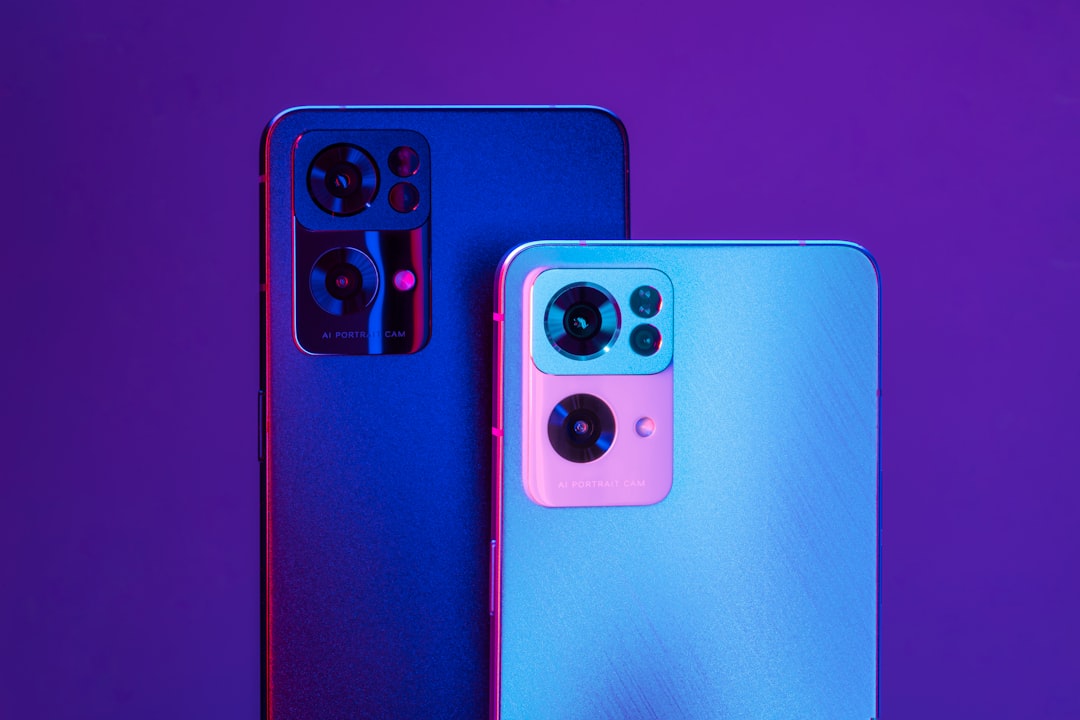Nonprofits in San Antonio using autodialers must adhere to stringent TCPA regulations to avoid hefty fines and legal issues. They should seek guidance from experienced autodialer lawyers San Antonio or autodialer attorneys San Antonio who specialize in nonprofit telephone marketing laws, ensuring compliance with consent requirements, opt-out mechanisms, recordkeeping, and transparency to protect their organizations' reputations and budgets.
In today’s digital age, nonprofits in San Antonio are leveraging autodialers to amplify their outreach and fundraising efforts. However, the use of automated phone systems comes with legal considerations that require meticulous navigation. This article delves into the intricate world of autodialers, exploring the regulatory landscape specific to San Antonio and emphasizing the crucial role an autodialer lawyer plays in ensuring compliance. From understanding legal implications to selecting the right attorney, this guide equips nonprofits with knowledge to make informed decisions when utilizing autodialers.
Key topics include finding a qualified autodialer lawyer San Antonio, navigating regulatory requirements, and understanding the legal complexities surrounding this technology.
Understanding Autodialers and Their Legal Implications in San Antonio
Autodialers, or automatic telephone dialing systems (ATDS), are technologies that enable nonprofits to reach a wide audience quickly and efficiently. However, their use comes with legal considerations. In San Antonio, as in many parts of Texas, autodialers are subject to the Telephone Consumer Protection Act (TCPA) and related state laws. These regulations aim to protect consumers from unwanted telemarketing calls by imposing restrictions on how businesses can use autodialers.
Nonprofits using autodialers must ensure they comply with these laws to avoid significant fines. This includes obtaining proper consent before making automated calls, providing an opt-out option for recipients, and maintaining detailed records of call activities. Engaging the services of an experienced autodialer lawyer in San Antonio or consulting with a local autodialer attorney can help nonprofits navigate these legal complexities and ensure their autodialing practices are in compliance with the law.
Navigating Regulatory Requirements for Nonprofit Use of Autodialers
Navigating Regulatory Requirements for Nonprofit Use of Autodialers
In San Antonio, nonprofits utilizing autodialers must adhere to stringent regulations designed to protect individuals from unsolicited calls. The Texas Commission on Environmental Quality (TCEQ) and Federal Communications Commission (FCC) enforce these rules, ensuring compliance with the Telephone Consumer Protection Act (TCPA). Nonprofits should seek counsel from an experienced autodialer attorney in San Antonio to understand and meet these obligations, which include obtaining explicit consent from recipients and implementing robust do-not-call mechanisms.
Autodialer lawyers San Antonio emphasize the importance of meticulous recordkeeping and transparent practices. Nonprofits must be able to demonstrate that they have obtained proper authorization before deploying autodialing campaigns, preserving call records as evidence of compliance. By partnering with a reputable autodialer law firm San Antonio, nonprofits can ensure their operations remain in accordance with the evolving legal landscape, avoiding costly penalties and reputational damage.
Choosing the Right Lawyer: Finding an Autodialer Expert in San Antonio
Choosing the right legal counsel is a significant step when navigating complex regulations surrounding autodialers in San Antonio. With specialized knowledge, an expert lawyer can guide nonprofits through the intricacies of telephone marketing laws and ensure compliance to avoid costly mistakes. Seek out an autodialer attorney San Antonio who has a proven track record in representing nonprofit organizations.
Consider firms like [Law Firm Name], known for their expertise in autodialer-related legal issues. Their experience includes advising clients on best practices, drafting consent agreements, and handling regulatory inquiries related to telemarketing activities. Ensure the lawyer or firm you choose specializes in this specific area, as general practitioners might not possess the deep understanding needed for these nuanced regulations.






